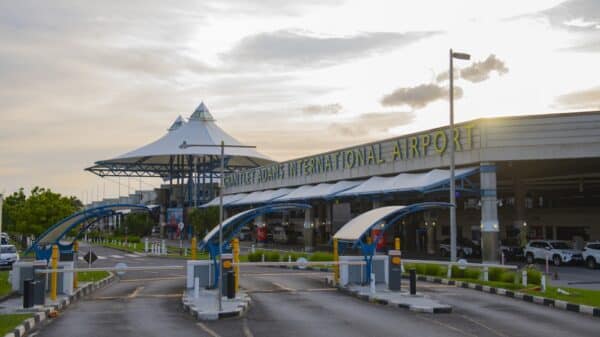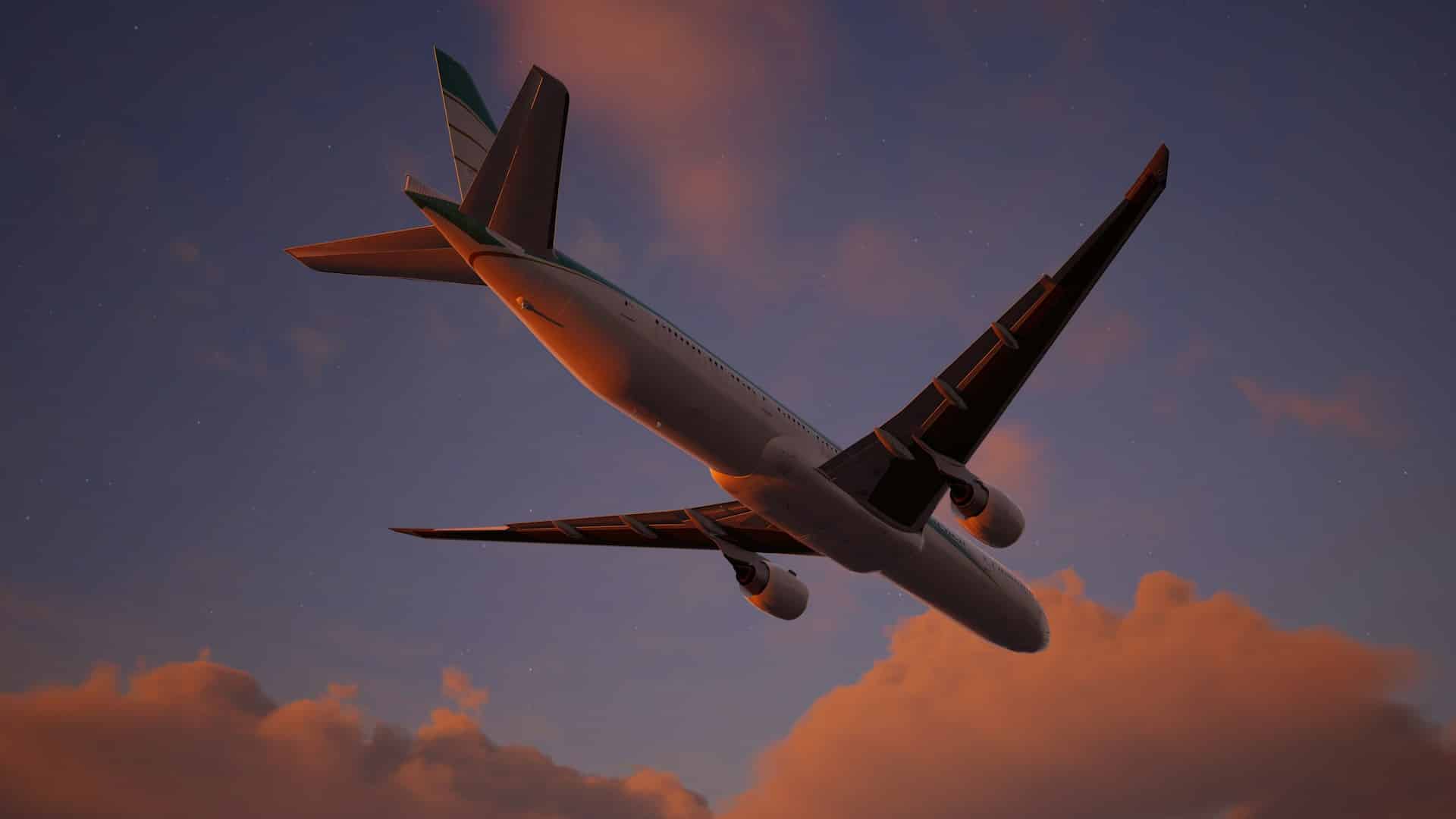Tunisia and Jordan, with their stunning landscapes and rich history, have always been appealing destinations for travelers seeking unique experiences. However, the ongoing instability in the Middle East, particularly fueled by the conflict between Iran and Israel, is causing significant concern for those planning trips to this region.
Recently, airspace over Qatar was abruptly closed as tensions flared ahead of a missile attack on a US military base by Iran. While this airspace has since reopened, the sudden closure is understandably unsettling, especially if you’re scheduled to travel soon to destinations like Tunisia or Jordan. Let’s break down what you need to know about traveling to these countries right now.
Is it Safe to Travel to Tunisia and Jordan Right Now?
The escalating tensions from the Iran-Israel conflict have created a precarious situation across the Middle East. Travelers to Tunisia and Jordan should remain vigilant and stay updated through local news channels. However, it’s important to note that neither the UK nor the US government has officially advised against travel to these countries. Key tourist sites, such as Petra in Jordan and Djerba and Hammamet in Tunisia, are considered safe for visitors.
Have Flights Been Cancelled?
The abrupt closure of Qatari airspace has led to major disruptions, affecting numerous flights. Qatar Airways, for instance, diverted a flight from Gatwick that was just minutes away from landing in Doha, redirecting it to Riyadh. Many other flights were similarly rerouted to various Middle Eastern cities, including Abu Dhabi, Dubai, and Muscat. As of early this morning, Qatar Airways announced the resumption of its flights as airspace reopened, assuring passengers that they have implemented additional support staff at Hamad International Airport to assist with travel arrangements.
What is the UK Foreign Office Saying?
The Foreign, Commonwealth & Development Office (FCDO) has issued travel advice regarding the ongoing hostilities in the region. Although the situation remains fluid, there are no blanket travel restrictions for Jordan and Tunisia. The FCDO does emphasize the potential for quick escalations in violence and advises travelers to monitor local media and heed the guidance of local authorities. They recommend avoiding travel to certain areas, particularly near the Syrian border in Jordan and the Libyan border in Tunisia, as venturing into these zones might invalidate your travel insurance.
What Should You Do if You Have a Trip Booked?
If you have plans to travel to either Jordan or Tunisia, it’s essential to stay informed. As per the FCDO, travel to these countries is not outright banned, but there are specified regions to avoid. If you decide against your trip due to safety concerns, don’t assume you are automatically entitled to a refund. Instead, reach out directly to your airline or accommodation provider to explore options for rescheduling your travel plans.
For those currently stranded in Doha, the situation has provisions: passengers are entitled to accommodations and meals until they can be rebooked on flights out of the country. Moreover, travelers utilizing Qatar Airways services to Asia, Africa, or Oceania can expect an alternative flight as soon as one becomes available.
In uncertain times like these, staying informed is crucial. Signing up for travel alerts or newsletters can help you keep track of any changes or updates related to your travel plans. Make sure to keep lines of communication open with your airline or travel provider so they can offer the best possible assistance in navigating these unpredictable circumstances.
Image Source: Unsplash





























